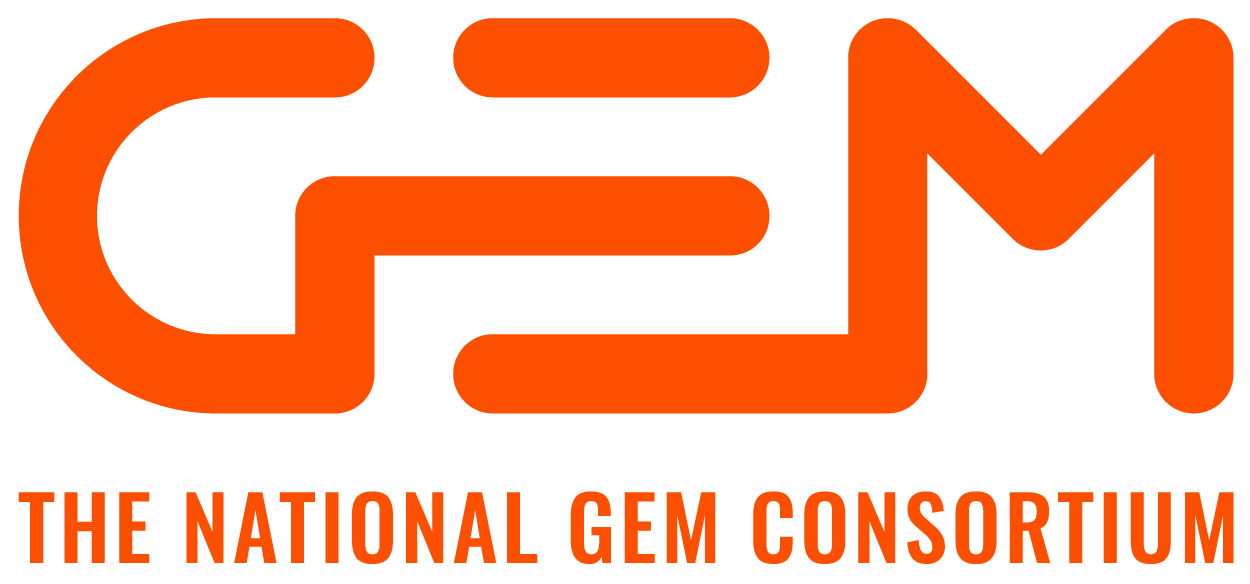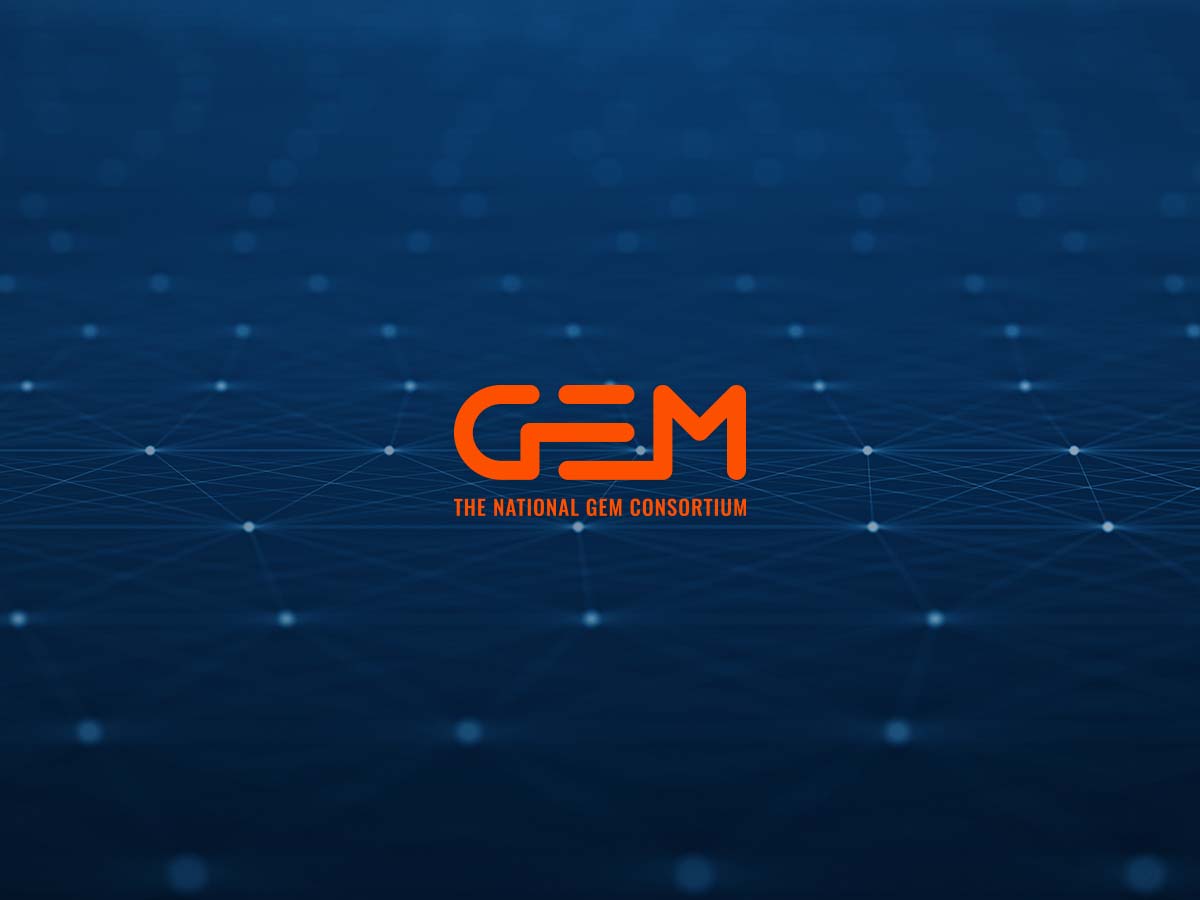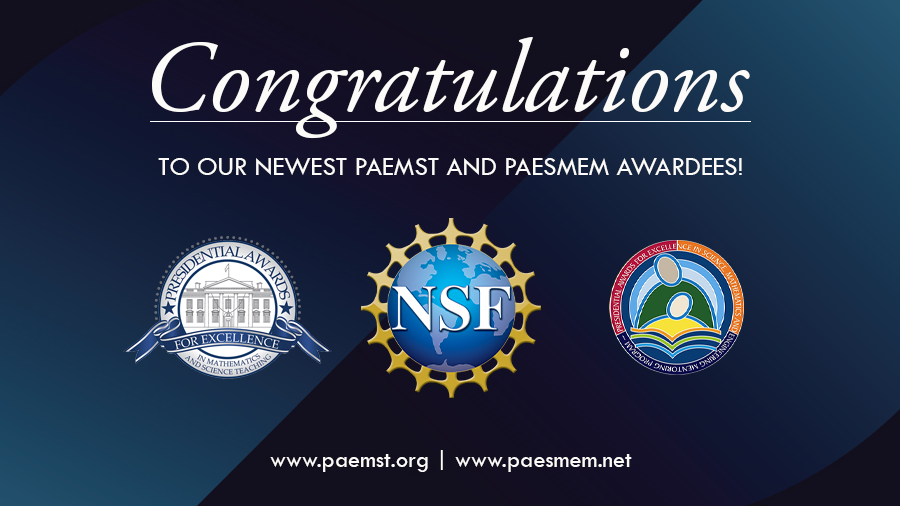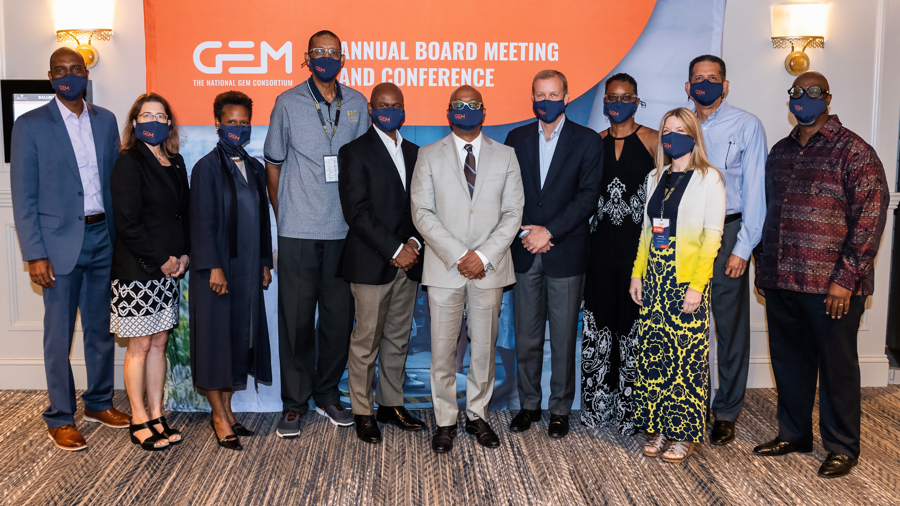Around this time of year, students are searching for funding sources for graduate schools. While graduate school applications usually fall between December and January, graduate fellowship application deadlines usually run between November and January.
In a previous blog, Road To PhD: Selecting a Graduate School [1], we composed a list for “selecting the BEST graduate school for YOU” which ranked funding as the number one factor in deciding which school to attend. Funding is the main priority because of the countless opportunities it opens up for graduate students. Acquiring your own source of funding increases the pool of universities you can attend, provides freedom with selecting an advisor and project, and relieves the burden of having to work (or work as many hours) while attending school. In this blog we discuss making yourself competitive for the Graduate Education for Minorities (GEM) Fellowship as well as other merit-based fellowships.
The GEM Consortium is a network of universities, laboratories, corporations, and institutions dedicated to matching high-performing graduate students with the top graduate programs in their field. GEM is one of the few fellowships that supports students pursuing degrees at both the master’s and doctoral levels.For the students pursuing the M.S. in Engineering and related sciences, the fellowship provides a minimum of $8,000 stipend per year for up to 2 years, full tuition and fees, and two paid summer internships with the GEM employer/sponsor. Similarly for the Ph.D. student, the fellowship offers a minimum of $16,000 stipend for five years, full tuition and fees, and one paid summer internship with the GEM employer/sponsor.
However, the Fellowship provides more than just funding; it aims to pair high performing graduate students with universities and potential employers. Unlike many other fellowships, it doesn’t bind you to work for a specific employer after receiving your degree. Some Fellows willingly choose to work with their sponsoring employer while others pursue teaching and research positions in academia. When a person is a GEM Fellow, they have the opportunity to attend the annual GEM Conference which consists of a Future Faculty and Professional (FFP) workshop track that aims to prepare graduate students for academia and industry. GEM Universities and GEM Employers actively recruit students at the annual conference.
When applying for any fellowship there are a couple of “golden rules” applicants should follow. First, identify the fellowships for which you are eligible and be sure that you understand the requirements and expectations. Next, identity and prioritize important deadlines. While there is always a fixed application deadline, you want to be sure to set your own deadlines for different components of the grant to ensure that you acquire letters of recommendation and the proper documentation in time for submission. Ask previous professors and mentors for STRONG letters of recommendations well before the deadlines. To stay organized, you may want to consider buying a colorful manila folder for each recommender and place the following in the folder [2]:
1. Highlight all deadlines for each fellowship along with names and links
2. Description of the attributes each fellowship wants the recommender to highlight in their recommendation
3. Classes (with grades) or research conducted with recommender along with small project descriptions (if applicable)
4. Updated resume
5. Draft of bio or personal statements so the recommender can learn more about you
6. Transcripts
7. GRE Scores
Finally, search online for sample applications and try to find friends and colleagues who have applied for the applications to offer feedback and input.
There are several points of consideration applicants should keep in mind when applying specifically for the GEM Fellowship. For one, understand that meeting the minimum requirements of GEM only places you in the pool of potential GEM Fellows, it does not guarantee you will receive the fellowship. GEM is a very competitive fellowship and many applicants significantly exceed the listed requirements. A high GPA along with high GRE scores will make you very competitive, but these are not the only factors when being chosen for the GEM Fellowship. If your scores are not significantly high, don’t count yourself out, but make sure the rest of your application is strong.
When preparing the application it’s important to understand the GEM Employer or the GEM University selects the GEM Fellow. If you don’t draw the interest of the employer or the university, you will not receive the GEM Fellowship. To aid in this process, it’s a good idea to leverage your network. If you have interned or worked for a GEM Employer, get in contact with their GEM representative as early as possible. If you are still at the company, it is recommended you do this using your corporate email address. If you have had a great experience at the employer, ask your manager to contact the GEM representative on your behalf. For those who may not have contact with a GEM employer or university, it’s also a good idea to look for GEM representatives at your next professional conference (AISES, NSBE, SHIPE, etc.). Introducing yourself and establishing relationships with these representatives is a good way to get your name circulating around the company before you apply.
Doing the following will ensure that you are competitive for funding and that you and your recommenders meet all necessary deadlines. Finally remember that in order to receive the fellowship you must apply! The deadline for the GEM Fellowship is November 15, 2014. Full details about the requirements of applying for the GEM Fellowship can be found here.
[1] Baker C, #RTPhD Selecting a Graduate School, coreyebaker.com
[2] Tull R, You’ve Just Asked For a Letter of Recommendation … Now I Need Some Things From You, renettatull.wordpress.com
By: Dr. Corey E. Baker. This blog was written while he was a GEM Fellow and graduate student at the University of Florida. Dr. Baker is an Assistant Professor in the Department of Computer Science at the University of Kentucky. Follow him on Twitter: @DrCoreyBaker. His personal website is coreyebaker.com.
